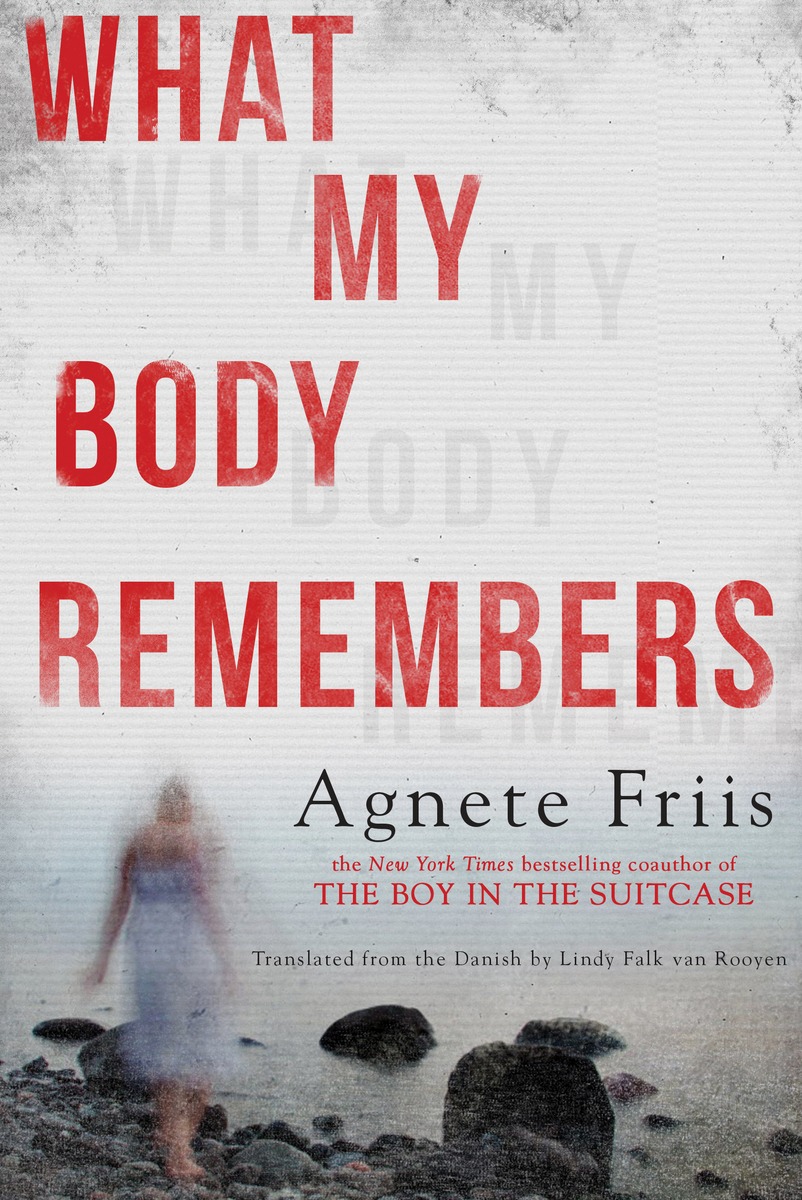
A young woman and her son are on the run from the state and hide out in an off-season Danish seaside town, which was the site of a traumatic episode from her past. Unfortunately for them something dangerous still lingers there. Agnete Friis‘ solo debut is an emotionally complex and twisty thriller, which addresses some pretty lofty topics. Homelessness, Post Traumatic Stress Disorder, the welfare state, and religious extremism all provide a rich background for the downright creepy thriller at center stage. Naturally you have questions after reading this one. So therefore here are some more:
- In every society there is a dialogue about “the right system” for dealing with people living with disabilities or emotional problems. How does What My Body Remembers discuss larger social issues? The “State” is an early antagonist for Ella Nygaard and yet she has relied on it for daily subsistence for most of her life. What does Ella’s experience show about the strengths and failures of the system? Would she be better off without it? What would her life have been like without it?
- Suspense stories set in domestic settings are nothing new but they are enjoying a bit of a renaissance. The transient life of Ella Nygaard is not exactly “domestic” and yet the plot of Friis’ novel centers on her and her relationships with family. How does Ella’s homelessness change the nature of a domestic story? Is it still a domestic story if a protagonist is “on the lam” and without permanent residence?
- Is Ella a good mother to her son, Alex? In Ella’s position, would you do as she does and fight for continued custody, even if it means putting your child at risk?
- Despite their marital and fiscal troubles, characters like Amy Dunne from Gone Girl and Rachel Watson from The Girl on the Train have lived upper middle-class lives. How does Ella Nygaard differ from these or other suspense heroines? How do her circumstances change the nature of a suspense story?
- Religious extremism plays a major part in the novel. What is it about extremism in any religion that makes it so unsettling, if not downright frightening?
- Unreliable narrators are popular with both writers and readers right now. What is it about the act of misremembering or misleading that is so appealing? Why do we want to fall in with a potentially misleading protagonist? Do you believe that it is truly only Ella’s body that remembers what happened the night her mother died? Or do you think on some level she knew throughout her entire telling of the story?
- The difference between a mystery and thriller has been characterized as the difference between asking “Who done it?” and “Who will survive it?” Would you characterize What My Body Remembers as a mystery or a thriller? Or something in between?